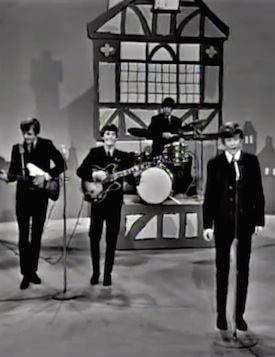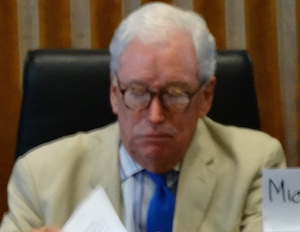Rural broadband needs are low and highly confidential, AT&T says
![By BP22Heber (Own work) [CC-BY-SA-3.0 (https://creativecommons.org/licenses/by-sa/3.0)], via Wikimedia Commons](https://www.tellusventure.com/blog/images/2014/10/top_secret.jpg)
AT&T knows what rural broadband customers need. And it’s not nearly as much as what people living in high potential urban and suburban communities need, according to arguments AT&T and DirecTv are making to the FCC, in support of their proposed merger…
… MoreWithin its wireline footprint, AT&T will extend its ultra-fast, fiber-to-the-premises (“FTTP”) GigaPower wireline broadband service with speeds of up to 1 Gbps to at least 2 million locations. At the same time, in rural, often underserved areas, AT&T will deploy fixed wireless local loop (“WLL”) broadband to an additional 13 million locations.

![By Rpbase (Own work) [CC-BY-SA-3.0 (https://creativecommons.org/licenses/by-sa/3.0)], via Wikimedia Commons](https://www.tellusventure.com/blog/images/2014/10/kentucky_tower.jpg)
![By Steve Kazella (talk) 14:00, 14 July 2009 (UTC) (Own work) [CC-BY-SA-3.0 (https://creativecommons.org/licenses/by-sa/3.0) or GFDL (https://www.gnu.org/copyleft/fdl.html)], via Wikimedia Commons](https://www.tellusventure.com/blog/images/2014/10/antennae.jpg)

![By miheco (Flickr: cell tower in disguise #1) [CC-BY-SA-2.0 (https://creativecommons.org/licenses/by-sa/2.0)], via Wikimedia Commons](https://www.tellusventure.com/blog/images/2014/10/cell_palm.jpg)



![By Edward Betts (Own work) [CC-BY-SA-3.0 (https://creativecommons.org/licenses/by-sa/3.0)], via Wikimedia Commons](https://www.tellusventure.com/blog/images/2014/10/sf_central_subway.jpg)
